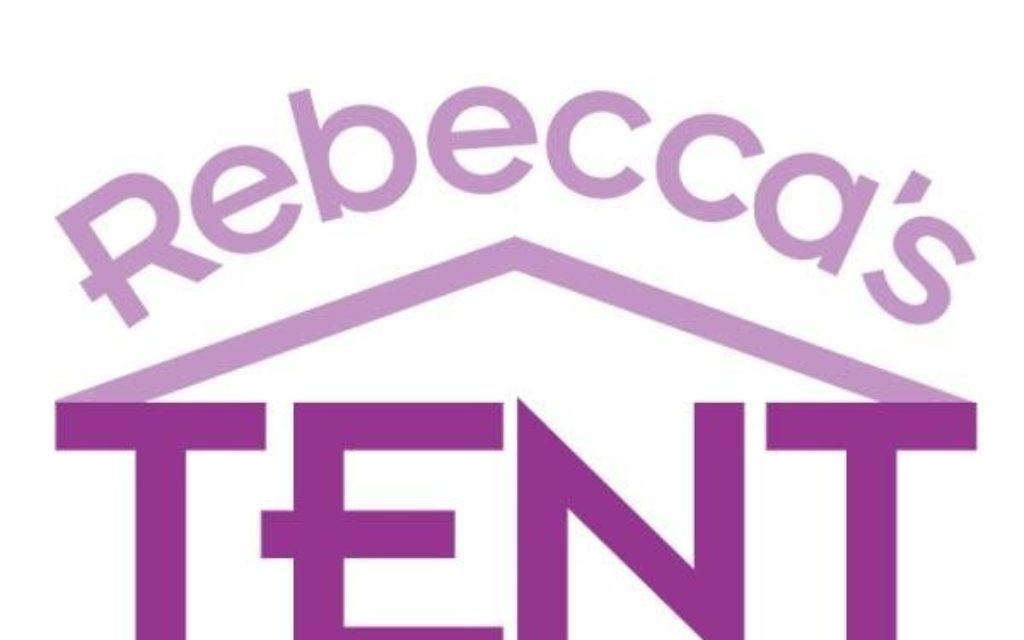Rebecca’s Tent: More Than Shelter
The women's shelter started in the basement of Shearith Israel provides job support and other services.
It was a frigid winter in Atlanta in 1983, and the city had a serious problem: homeless people forced to live outside or in their cars. The combination of bone-chilling weather and men and women unable to find shelter was deadly.
Rabbi Mark Wilson at Congregation Shearith Israel resolved to do something about this inhumane situation. He called Helen Spiegel, of blessed memory, who he knew understood the fear of displacement and survival as a refugee from Germany whose family had fled to America in the wake of Kristallnacht.
He also knew her drive, perseverance and grit would enable her to stop at nothing to help others in terrible need.
Get The AJT Newsletter by email and never miss our top stories Free Sign Up
Helen became a beacon of hope to the lucky “guests” who populated the shelter beds in the basement of the intown synagogue. She was joined by her husband, Frank, and a dedicated core of volunteers to build the shelter for homeless women, a haven for the downtrodden, the abused and the discarded women whose luck had run out.
Helen and her determined group also broke new humanitarian ground by creating the nation’s first shelter for the homeless to be founded by a synagogue. They named it the Shearith Israel Shelter for Homeless Women and began with eight beds in the basement of the synagogue.
“That first year we faced a world we didn’t know. Every one of us was a novice. We called ourselves the winter resort, and our idea was to be like a little family,” Helen said. “We learned to check for weapons and eventually to become much more selective to find women who we could really help.”
Helen and Frank amassed hundreds of stories of success and failure — of shelter residents who banded together to monitor the bathrooms to help a young woman who was bulimic change her behavior, of volunteers who took sick ladies to Grady and of synagogue personnel who contacted young residents’ parents to reunite them and get them help.
The shelter, now called Rebecca’s Tent, has changed with the times and the needs of its residents. Today the shelter is open from November through March and provides job support throughout the year. The shelter offers computer training, workshops on résumé writing, job skills training and lessons on how to dress for an interview. The residents are selected according to those who are ready and able to seek employment and permanent housing and work toward stability.
“Many of our residents are former working women with educations who had just one or two things go wrong to plunge them into homelessness,” said Tasho Wesley, the executive director of Rebecca’s Tent. “All it takes is the loss of a job, a divorce, a job moving to an area without bus transportation or an unexpected expense such as ongoing medical bills to make someone lose a home.”
In 2012 the shelter put the Challenge Program in place to provide extended support beyond the shelter season to former residents in their journeys toward independence. This program operates year-round and offers the women a weekly dinner and support group, MARTA tickets, case management and computer access.
The program also has provided former shelter residents with connections to volunteer jobs, which have exposed them to positive environments that help to build job skills and networks. The women have developed a supportive network that has provided encouragement and practical help. This has all helped the participants to obtain and keep employment and stable housing.
“Those of us lucky enough to have a house and enjoy a comfortable life have no idea how many people in metro Atlanta must sleep in their cars and find shelter during the cold winter months,” said Gillian Gansler, the board chair for Rebecca’s Tent. “The number of women who apply to stay in our shelter has not diminished over the years. Homelessness is still a major problem in metro Atlanta.”
Over the past 30 years, more than 1,000 women in need of food, safety and a helping hand have come through the shelter’s doors and found acceptance, love and support. These women never could have been helped without the hundreds of volunteers who cook meals, teach empowerment sessions, run fundraising events and put the word out in the community for donations that keep the shelter doors open season after season.
Candice Gulden is a board member of Rebecca’s Tent.





comments